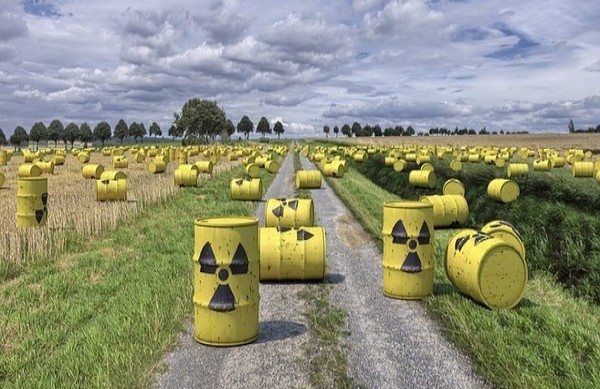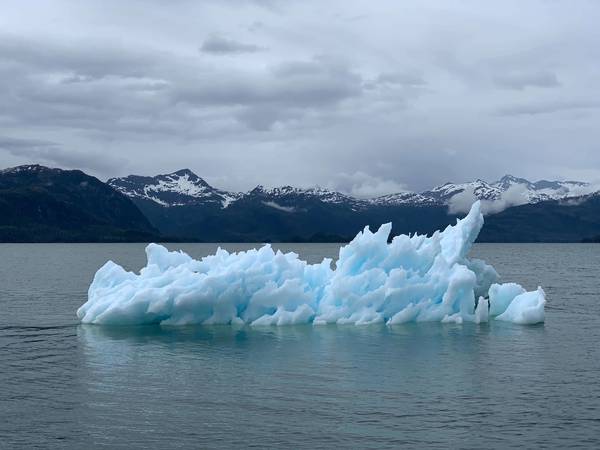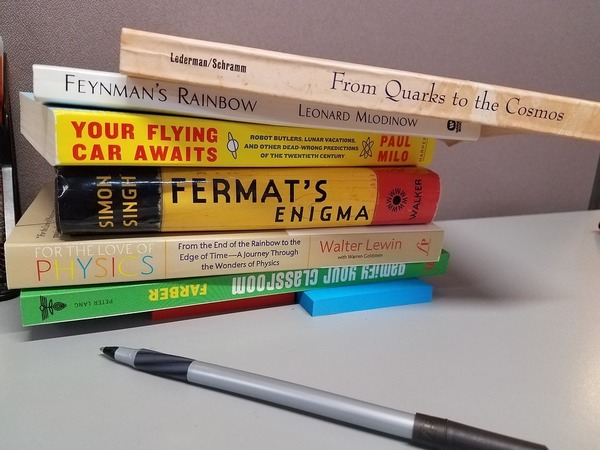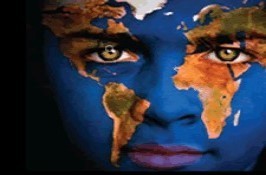New Course Developments
The Nuclear Science Laboratory and ISNAP faculties are strongly active in programs for non-physics major students to introduce them to nuclear physics, its physical principles, societal impact and possible application in a wide variety of fields. The faculty engages the broad spectrum of university groups by developing and teaching new courses which highlight the broader impact and future need of nuclear physics.
Radioactivity and its implications for environment and society |
|
 |
This course on radioactivity covers the nature and origin of radioactive elements and decay processes in our environment. This includes both naturally occuring radiogenic and cosmogenic radioactivity as well as the increase in anthropogenic radioactive sources. The course presents the implications of radiation for biological systems and our environment as well as the use of radiation for an increasing number of human activities and its broader societal impact. Developed by Professor Michael Wiescher |
The Physics of Climate |
|
 |
The processes of balance in the earths climate system are fundamental physical processes driven by the laws of thermodynamics, convective hydrodynamics, and radiative transfer. This course focuses on the understanding of these underlying processes that define the earths climate. The course presents an overview of our climate history, global climate predictions and their mathematic modeling techniques, questions related to observational evidence and possible consequences for natural and anthropogenic climate change. Developed by Professor Michael Wiescher |
Physics in Art and Archaeology |
|
 |
The course is primarily designed for art, history and a broader audience of science majors. The course gives an overview of the various physics based analysis and dating techniques used in art, archaeology, and anthropology, covering applications of material science, molecular physics, atomic physics, and nuclear physics based techniques. This necessitates a basic introduction in the principles of modern physics as well as an introduction to detector techniques and data processing. The usefulness and the applicability of each technique will be demonstrated by presenting one or two examples for applications in art analysis, archaeology, or anthropology. The course subject represents a broad and rapidly evolving field; and so focuses on the discussion of a subset of all the presently available techniques. Developed by Professor Michael Wiescher |
Science Literacy |
|
 |
Science Literacy is essential to making decisions in the world today. Science, technology, and innovations play a significant role in all aspects of society. Decisions on health, wealth, and ethical values need some knowledge and understanding of scientific concepts to create the kind of world that we want to live in. This course serves as an introduction to the scientific approach to knowing, from subatomic particles to galaxies and all the scales in between. Complex mathematics is not required but the important challenges of the day are explored, from Biology, Chemistry, Physics, Cosmology, Climate, and Computation. The implications and policies with respect to the involvement of the federal government are evaluated, as is the research enterprise of the US, with respect to the rest of the world. Developed by Professor Ani Aprahamian |
Energy and society |
|
 |
Probably the greatest issue of your generation is the question of energy supplies for the human race, and how to deal with dwindling sources of energy that we are now using. To face this challenge, we need to understand energy consumption, i.e., to be “literate” in energy issues. Developed by Professor Ani Aprahamian |